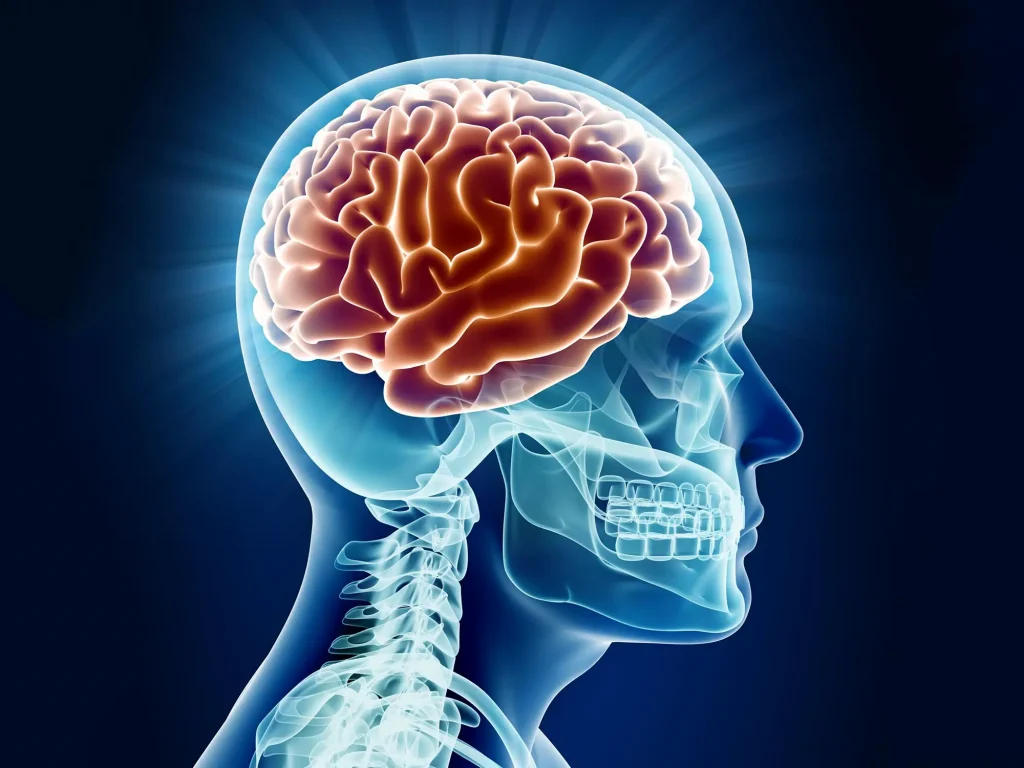What is Fasting (part 1)
Fasting
Fasting is the practice of refraining from eating and, in some cases, drinking. From a purely physiological standpoint, “fasting” can refer to a person’s metabolic state after not eating overnight (see “Breakfast”), or it can refer to the metabolic state achieved after complete digestion and absorption of a meal.[1] In the fasting state, metabolic changes begin after a meal is digested (typically 3–5 hours after eating).
A diagnostic fast is a period of fasting lasting 1 to 100 hours (depending on age) that is done under medical supervision to aid in the investigation of a health complication, most commonly hypoglycaemia.

Many people fast before a medical procedure or check-up, such as a colonoscopy or surgery, or before certain medical tests. Intermittent fasting is a weight loss technique that is sometimes used.
IMPORTANCE OF FASTING

Fasting is a practice that has been observed for thousands of years, and it has been utilized for a range of purposes, including spiritual, cultural, and health-related reasons. Over the years, researchers have explored the potential benefits of fasting, and they have discovered that it may offer several advantages for those who choose to engage in it.
BENEFITS OF FASTING
1. Weight Loss
One of the most commonly cited benefits of fasting is its potential to promote weight loss. By abstaining from food or restricting caloric intake for a certain period, individuals can create a calorie deficit that can lead to weight loss.
Additionally, fasting can increase levels of the hormone norepinephrine, which can help to break down fat cells and promote weight loss. Intermittent fasting, in particular, has been shown to be effective for weight loss in numerous studies.

2. Reduced Inflammation
Inflammation is a natural response that occurs in the body when it is exposed to harmful stimuli, such as pathogens or injuries.

While acute inflammation is an important part of the healing process, chronic inflammation can be detrimental to health and has been linked to a range of chronic diseases, including heart disease, cancer, and Alzheimer’s. Studies have shown that fasting can help to reduce inflammation in the body, which may be beneficial for those with chronic inflammation-related health issues.
3. Improved Brain Function
Research has suggested that fasting may be beneficial for brain function and cognitive performance. Fasting has been shown to increase levels of brain-derived neurotrophic factor (BDNF), a protein that plays a key role in the growth and maintenance of neurons in the brain.
Additionally, animal studies have found that fasting can increase the production of new brain cells and may help to reduce the risk of neurodegenerative diseases such as Alzheimer’s.

5. Increased Longevity
Several animal studies have suggested that fasting may be associated with increased longevity. Studies in mice, rats, and monkeys have shown that caloric restriction, which is a form of fasting, can increase lifespan and reduce the incidence of age-related diseases. While the evidence is not yet conclusive in humans, some researchers believe that fasting may offer similar benefits and may be a promising approach for extending lifespan and promoting healthy ageing.
6. Spiritual and Cultural Significance
Finally, fasting is an important spiritual and cultural practice in many religions and cultures, and it can be a way to connect with one’s faith or cultural heritage. Fasting is observed during many religious holidays, such as Ramadan in Islam, Yom Kippur in Judaism, and Lent in Christianity. Many people find fasting to be a meaningful way to connect with their spirituality or cultural identity, and it can provide a sense of community and connection with others who share similar beliefs and practices. In conclusion, fasting has numerous potential benefits, including weight loss, improved insulin sensitivity, reduced inflammation, improved brain function, increased longevity, and spiritual and cultural significance. However, it’s important to note that fasting is not appropriate or safe for everyone, and it’s essential to speak with a healthcare professional before beginning any fasting regimen to ensure that it is safe and appropriate for your individual needs and health status.









